On April 1st, 2025, Wisconsin voters went to the polls for a State Supreme Court election, and voted by 55 to 45% to keep the judicial status quo— that being, a progressive majority on the State’s highest court. It was, according to statistics published since, the most expensive judicial election in U.S. history, costing about $100 million.
On June 5th, 2025, the Supreme Court of the United States (SCOTUS) issued a decision overruling that same progressive-dominated Wisconsin Supreme Court in its ruling against a Catholic Charities Bureau— a social ministry of the Diocese of Superior in Wisconsin. In essence, the Wisconsin high court had ruled that the local Catholic Charities Bureau wasn’t religious enough to qualify for charitable status because serving the poor wasn’t a “typical” religious activity.
Not typically religious? It was a shocking ruling from a State Supreme Court— now thankfully overturned by SCOTUS.
Now, I would draw your attention northward to Canada— to, in this case, the December 13th, 2024, recommendations of the progressive-dominated, federal Financial Committee in Ottawa. If you recall, Recommendation 430 was to amend Canada’s Income Tax Act to “provide a definition of a charity which would remove the privileged status of ‘advancement of religion’ as a charitable purpose.” Another recommendation from Canada’s Finance Committee— apparently taken straight from the agenda of the British Columbia Humanist Association— also urged the government to eliminate the charitable status of all pro-life organizations and shelters.
So, let us review these North American political agenda items— coming, I may add, from the same left-wing ideology— and place them in stark relief…
1) A progressively “inspired” Finance Committee believes that advocating for unborn children is uncharitable.
2) A progressively “inspired” State Court believes that feeding the poor is also “uncharitable”.
3) A progressively “inspired” Finance Committee further believes that evangelism and the promotion of the doctrinal tenets of Faith is uncharitable.
This is highly symbolic stuff. Taken together, these North American contradictions could be rendered thus: being charitable isn’t religious enough, and being religious isn’t charitable enough.
Left to itself, it seems, the political Left routinely denies both the charity of doctrine and the doctrine of charity. Hence, one might ask: can the Church ever win in the minds of 21st Century progressives?
If a church organization can neither promote itself, nor promote the care for others according to these “liberal” definitions, then charity might as well disappear on the entire landscape.
Considering the similarities between Canadian Liberal and American Democrat politics, when the Wisconsin case is placed alongside Ottawa’s recommendations, the net result looks like anti-Christian prejudice. The broader Church can’t win for trying.
Let us not ask Jesus how “most men’s love will grow cold” (Matthew 24:12). We can see it procedurally in a society that no longer seems to recognize that churches are charitable.
People may ask, “David, aren’t you concerned that this kind of editorializing will appear too politically partisan, and may risk your church’s charitable status?” Well, there’s irony! Quite evidently, churches are already at serious risk! Hence, one must not be blind to the Left’s growing potential for charitable redefinition.
I would thoroughly love to be utterly non-partisan, but one cannot be oblivious to emergent political trends. Attacks on Christian charitable status don’t tend to come from northern Conservatives nor southern Republicans. For all its lack of focus, at least the Conservative Party of Canada was willing to make Recommendation 430 an election issue in this country. Was the New Democratic Party? Were the Liberals?
No. The political Left wasn’t particularly concerned about these recommendations, even though they represented an obvious systemic attack (in the form of Committee “recommendations”) against both Christian doctrine and ethics. The Greens and the Bloc were no more offended by recommendations 429 and 430 than the High Court of Wisconsin was unsettled by its own uncharitable ruling!
While pastors are generally required to be politically fair, we are not required to be politically blind. And these days, many of us see greater animus— greater disrespect— whenever we look left.
The appalling truth is that the political Left all over North America is now more in love with Karl Marx than it is with Jesus Christ! Jimmy Carter is dead. The days of the Rev. Tommy Douglas in Canada are long gone! If the general political culture is to be taken at face value, then courts and committees listen more uncritically to secular progressive definitions of charity than they do those of actual Christian worshipers or Christian philanthropists.
There is no panic, however, in this editorial. Whatever happens, I’m quite certain that, by the grace of God, the Church will adapt and carry on in society— despite systemic bias, despite injustice, despite subtle or open persecution.
But not without protest, and not with blind eyes! Any political ideology which denies the doctrine of charity and the charity of doctrine is as absurd as it is misinformed. As the Apostle Paul indicated, the spiritual person will continue in their capacity to “judge all things” (1 Corinthians 2:15).
And, for the record, we, too, are voters.
— Pastor David MacKenzie

